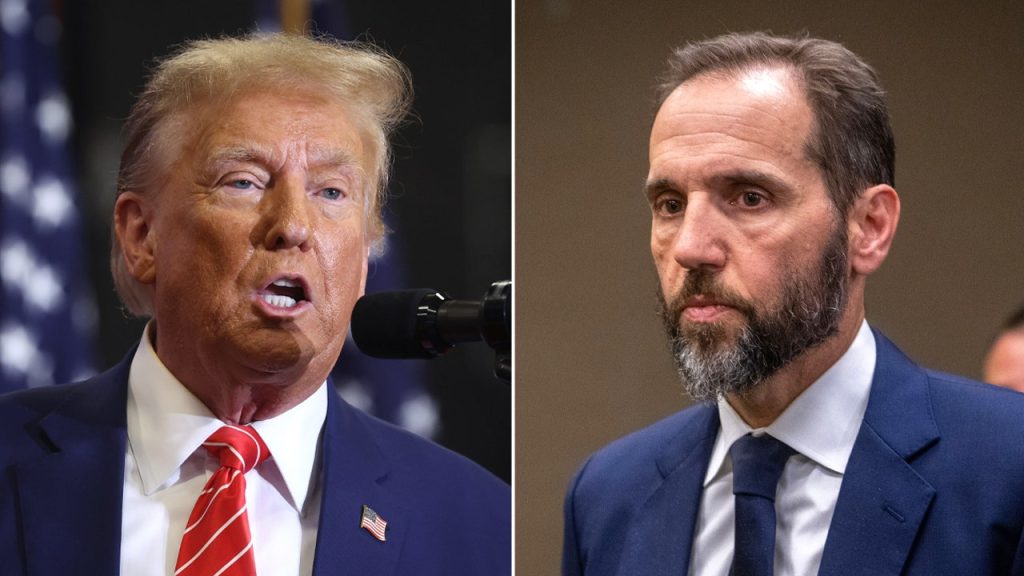The fate of an obscure Capitol riot defendant, Joseph Fischer, is set to be decided by the U.S. Supreme Court and could have significant legal and political implications for former President Donald Trump. Fischer is one of over 300 individuals charged by the Justice Department with “obstruction of an official proceeding” stemming from the Jan. 6, 2021, insurrection in Washington. This charge also plays a key role in Trump’s legal challenges as well. Fischer’s appeal was accepted by the high court for final review, following a federal judge’s dismissal of the obstruction offense against him and two others.
The issue at the heart of this case is the interpretation of the obstruction law, specifically 18 U.S. Code Section 1512(c)(2), which carries a penalty of up to 20 years in prison for obstructing an official proceeding. Fischer’s legal team argues that the vague language of the law could potentially criminalize activities protected by the First Amendment, such as lobbying and protest. On the other hand, the government contends that the law was intended to be applied broadly to include obstructive conduct in court, agency, and congressional proceedings. Legal experts predict that the Supreme Court will scrutinize the intent of Congress in enacting these laws and question whether they can be applied to situations like the Capitol riot.
The contrasting accounts of Fischer’s actions on Jan. 6, 2021, further complicate the case. While his lawyers claim he was not part of the mob that interrupted Congress’ certification process, the government alleges he actively participated in the riot, urging others to charge through the crowd and enter the Capitol building. Fischer has pleaded not guilty to disorderly conduct, assaulting law enforcement officers, and other charges related to the riot. His trial is pending, and the Supreme Court’s decision in his case could potentially impact Trump’s own legal challenges related to the Capitol riot.
If Fischer prevails in the high court, it could have implications for Trump’s prosecution for alleged election interference. Trump currently faces an obstruction charge related to his efforts to overturn the 2020 election results. A ruling in Fischer’s favor could potentially lead Trump to seek the dismissal of his own obstruction charge. This would likely trigger a new round of legal battles, potentially resulting in further Supreme Court involvement. The ongoing legal challenges surrounding the Capitol riot have also delayed Trump’s criminal conspiracy and obstruction trial indefinitely.
The Supreme Court’s decision in the Fischer case is expected by early summer and will be closely watched for its implications on future prosecutions related to the Capitol riot. Legal experts anticipate that the justices will carefully consider the scope of the obstruction law and its application to situations like the events of Jan. 6. The case could have far-reaching consequences not only for Fischer and Trump but also for the interpretation of laws related to criminal conduct in the context of political events. Ultimately, the decision will shape the legal landscape surrounding the Capitol riot and set a precedent for future prosecutions.


